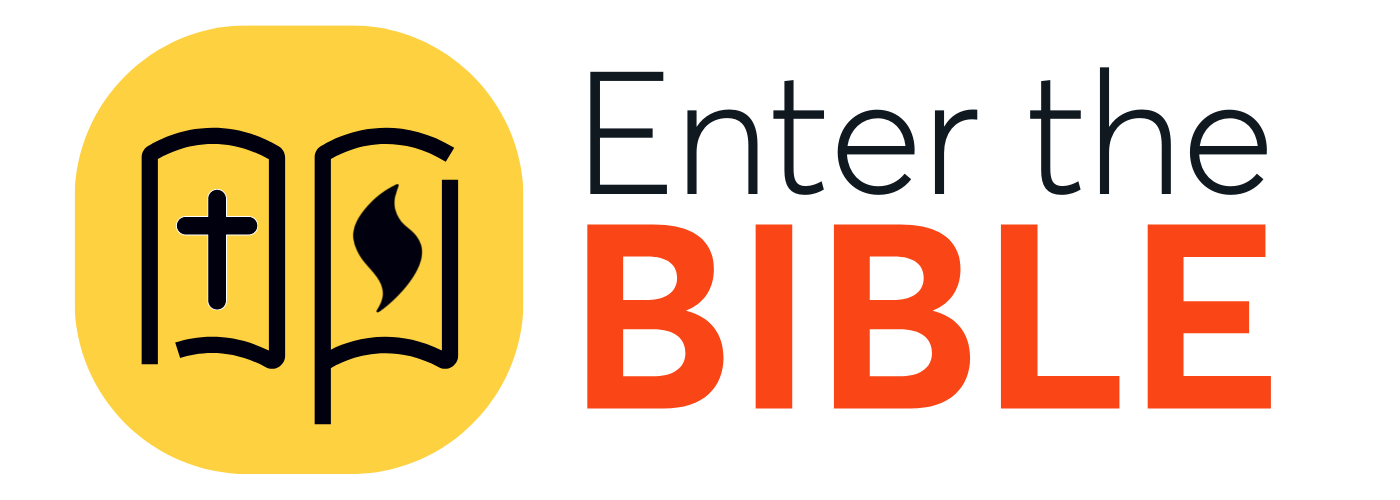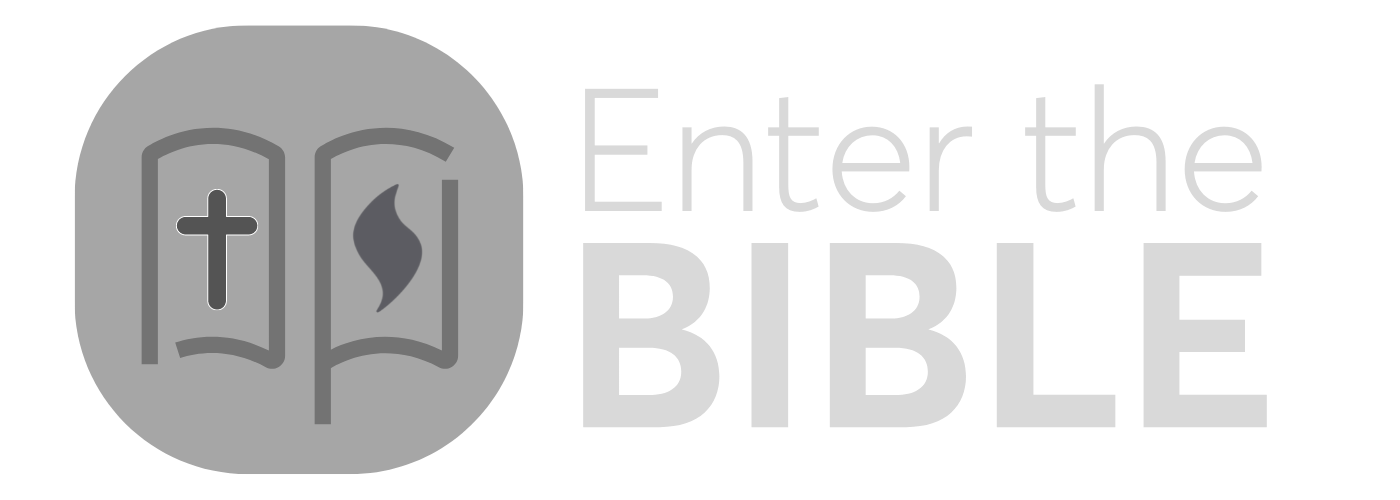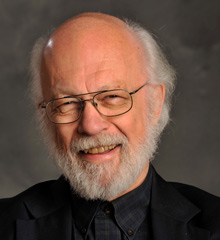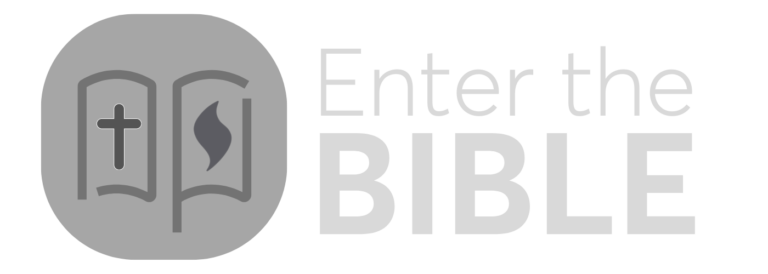Genesis is a book about beginnings. It moves from the morning of the world to the ordering of families and nations to the birthing of the fathers and mothers of Israel. The ancestral stories begin with Abraham and Sarah and continue with Isaac and Rebekah, Jacob and Leah/Rachel, and the sons of Jacob, focusing on Joseph. While God was there “in the beginning,” Genesis also testifies to the beginnings of God’s activity in the world. It is a new day for God, too. And, given the divine commitment to the creationCreation, in biblical terms, is the universe as we know or perceive it. Genesis says that in the beginning God created the heavens and the earth. In the book of Revelation (which speaks of end times) the author declares that God created all things and... More, God will never be the same again.
SO WHAT?
God creates a good and imaginative world, but does not leave it to cope on its own. God remains present and active, even in the wake of human sin, choosing to work creatively in and through creatures, especially the chosen family, toward divinely established goals of salvationSalvation can mean saved from something (deliverance) or for something (redemption). Paul preached that salvation comes through the death of Christ on the cross which redeemed sinners from death and for a grace-filled life. More and new creation.
WHERE DO I FIND IT?
Genesis is the first book of the Bible and is included as the first of five books called the PentateuchThe Pentateuch is a Christian term the first five books of the Old Testament. These books contain stories of Israel's early history, God's covenants, and many laws such as the Ten Commandments). More.
WHO WROTE IT?
Traditionally, Moses has been considered the author of the Pentateuch and hence Genesis. Over the course of half a millennium, at least since the Reformation, the question of authorship has been seen to be more complex. Genesis is now usually understood to be the product of a long growth of development in which many authors and editors have had an important role.
WHEN WAS IT WRITTEN?
Genesis came into being over the course of more than five hundred years, being completed sometime during or shortly after the Babylonian exile (587-538 B.C.E.).
WHAT’S IT ABOUT?
Genesis 1-11 portrays the beginnings of the world, including creation, the fallThe fall refers specifically to the disobedience of Adam and Eve when they listened to Satan rather than adhering to God's command not to eat the fruit from the tree. When people act contrary to God's will, they are said to fall from from grace... More into sin, and the floodThe flood refers to the catastrophic deluge in Genesis. In the biblical account Noah, his family, and selected beasts survive the flood in an ark; thereafter they received a rainbow in the sky as a sign of God's promise. Many other cultures also have flood... More and aftermath. Genesis 12-50 tells the story of Israel’s ancestors, especially regarding the promises conveyed by God to them.
HOW DO I READ IT?
Take especially into account the type of literature contained in the book. Recall that this literature centers on God’s promises. Note the ways in which the stories depict Israel’s ancestors as dysfunctional families and, at the same time, how God is able to work in and through them on behalf of the divine purposes.
See all related resources






